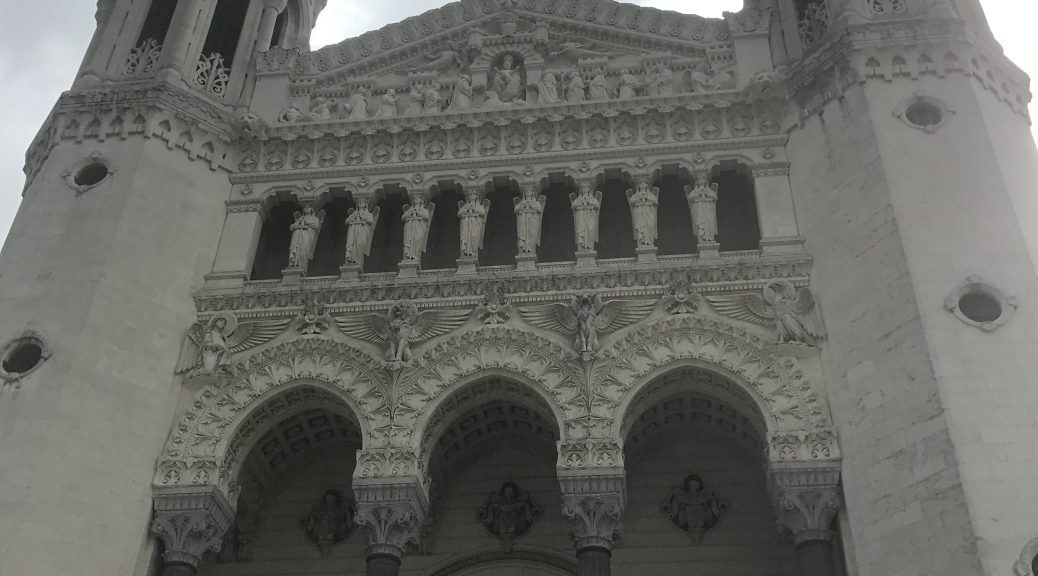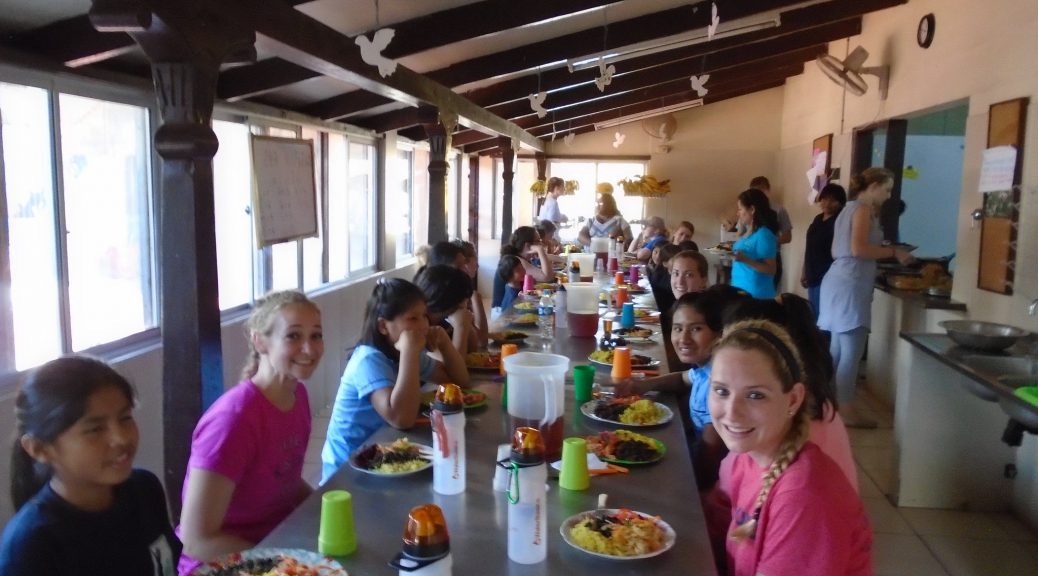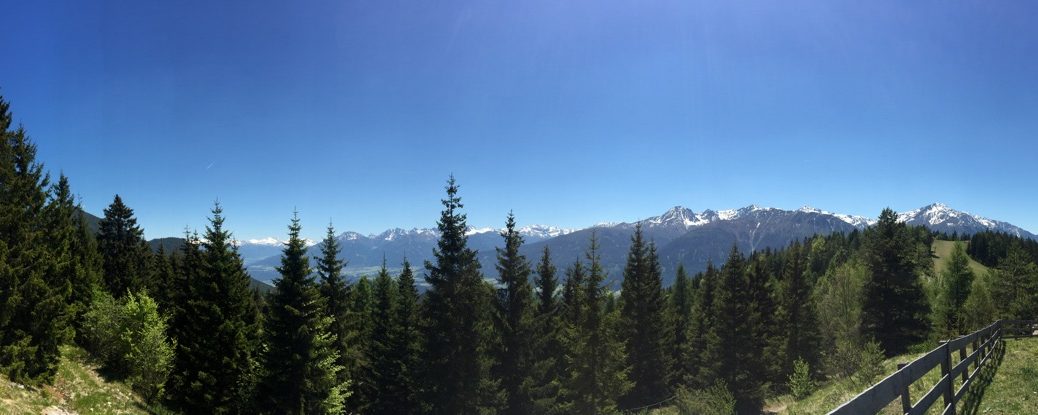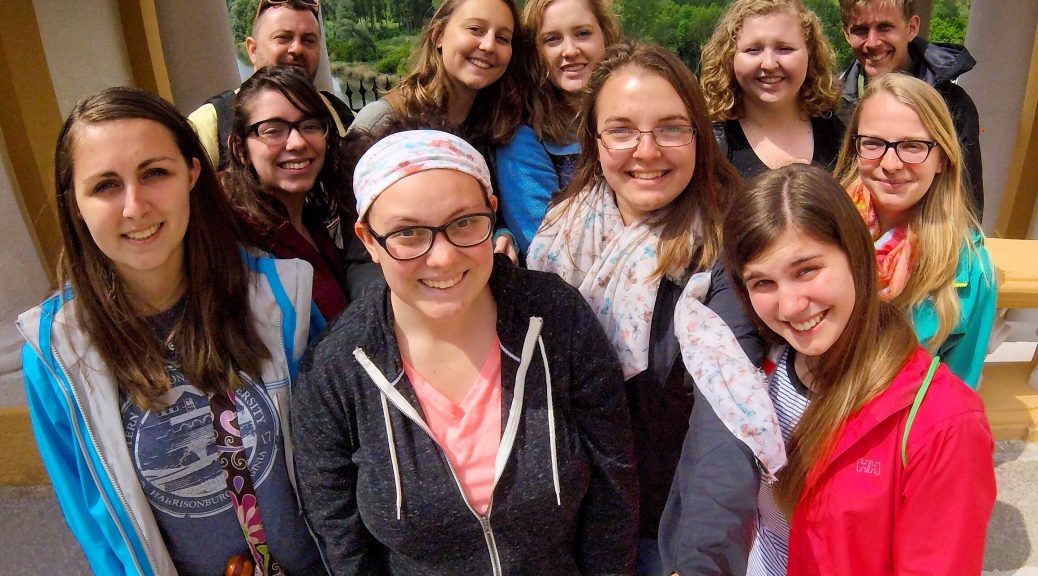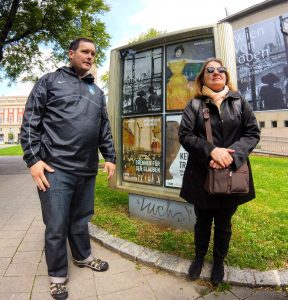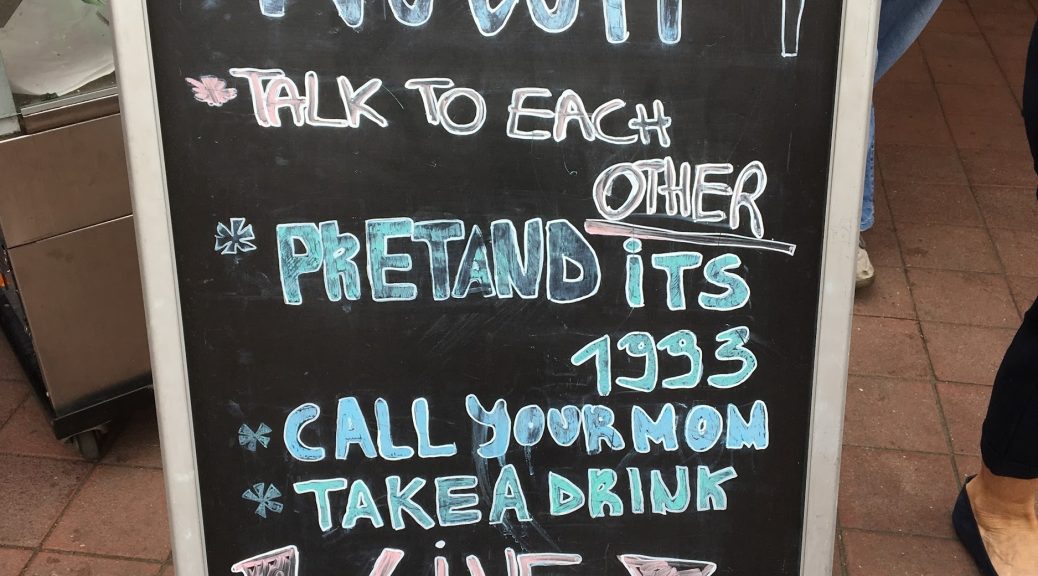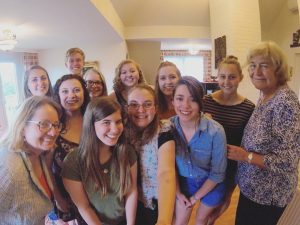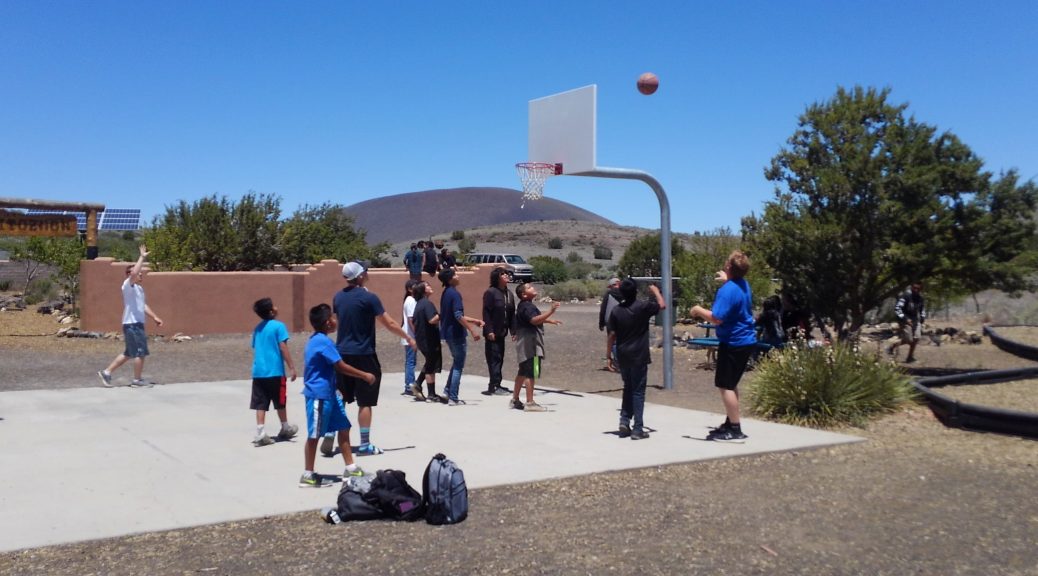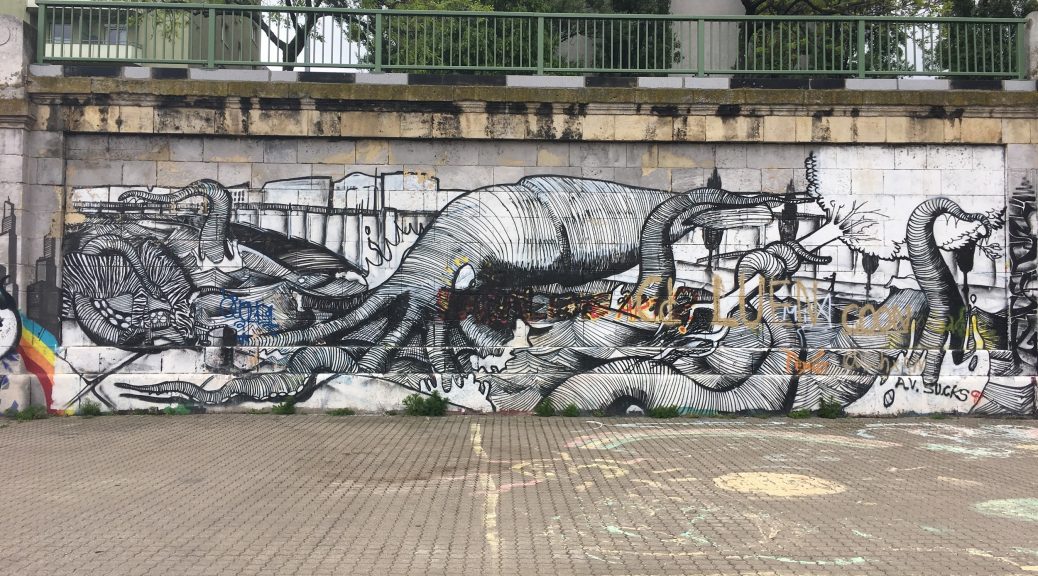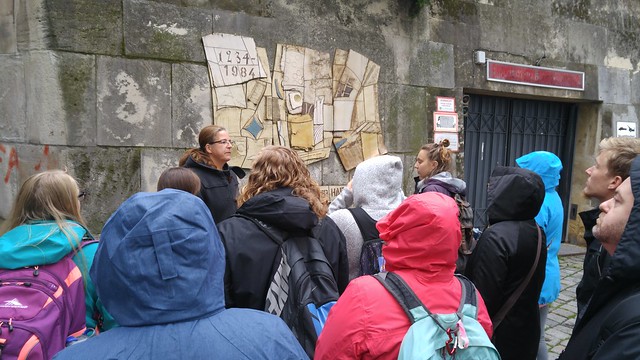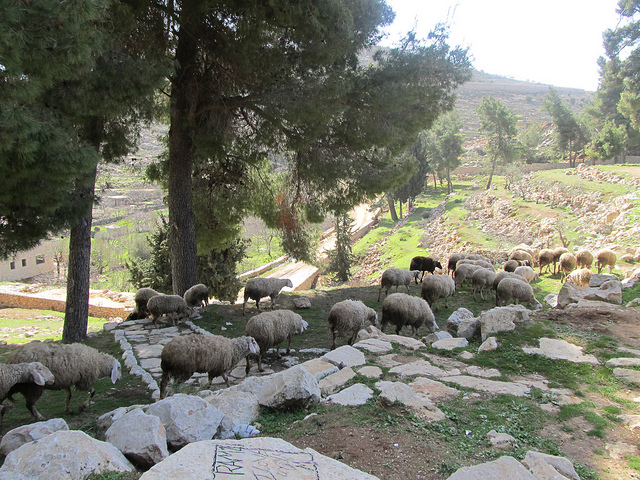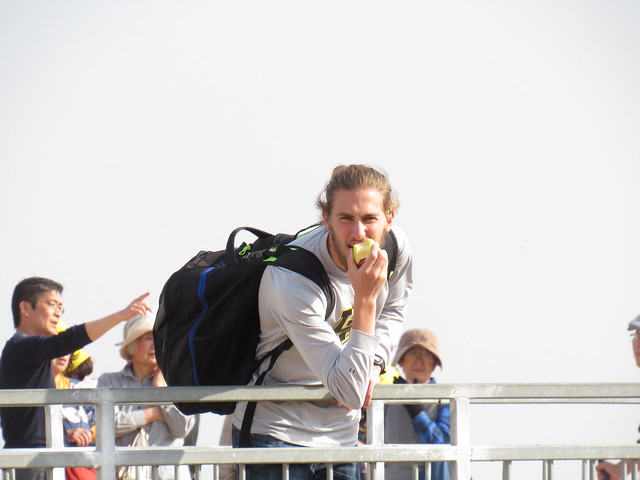RADICAL EUROPE: Free Travel Explorations
Free travel has been the part of this cross cultural I have been so excited for since before we left! Three of my peers and I were originally going to go to Geneva, Switzerland, but there were a sudden change of plans. So, we decided to go to Lyon, France for our 3.5 days. We … Continue Reading ››
